Romania risks not fully reaching the recycling targets for municipal and packaging waste for 2025 and in some areas, water resources and hydrological systems are under stress, especially during periods of drought and climate variability, shows the report "State of the Environment in Europe 2025", published on Monday by the European Environment Agency.
According to the Ministry of Environment, Waters and Forests, pressure on biodiversity and ecosystem health remain sensitive issues, due to intensive agriculture, habitat fragmentation and land use. In addition, economic development requires major investments in clean technologies, energy transition and adaptation to climate change - transforming buildings, modernizing infrastructure, electrifying transport.
The report cited in the Ministry of Environment's press release also mentions the progress made by Romania, one of these positive points being that the country has adopted a long-term strategy that aims to reduce greenhouse gas emissions and transition to a climate-neutral economy by 2050.
Also on the plus side is the fact that the National Integrated Energy-Environment Plan (NECP 2021-2030) is being updated, in order to align with European ambitions and the long-term strategy, and in many county capitals, through the use of remote sensing data, considerable areas covered by urban vegetation have been estimated, reflecting the concern for urban green spaces.
Romania has recorded improvements in waste management and recycling, under the influence of EU legislation and early warning mechanisms related to municipal and packaging recycling targets, the Ministry of Environment states.
"This report shows us, once again, that nature can no longer wait. Romania has the obligation to accelerate measures to restore biodiversity, sustainably manage water resources and support communities in the face of climate change. Protecting the environment is not an expense, but an investment in people's health, in the competitiveness of the economy and in the safety of future generations", said the minister, Diana Buzoianu, in a statement.
According to the State of the Environment report, the European Union has made significant progress in reducing greenhouse gas emissions, improving air quality and increasing the share of renewable energies, but the overall state of the environment remains worrying.
The document shows that nature is still subject to degradation, overexploitation and biodiversity loss, and climate change is intensifying at an alarming rate, with direct effects on European health, security and the economy. Europe is the continent with the fastest global temperature increase, and extreme weather events in recent years - floods, forest fires, droughts - demonstrate the vulnerability of our ecosystems and communities.
At the same time, the report emphasizes that achieving the goal of climate neutrality by 2050 depends on more responsible management of water resources, land and biodiversity, as well as accelerating the implementation of the European Green Deal.
The EEA publishes a report on the state of the environment every five years, as required by its regulation. European Environment 2025 is the seventh such report published by the EEA since 1995. It provides sound scientific information on how to respond to major and complex challenges such as climate change, biodiversity loss and air and water pollution.
The report was produced in collaboration with the EEA's European Environment Information and Observation Network (Eionet).

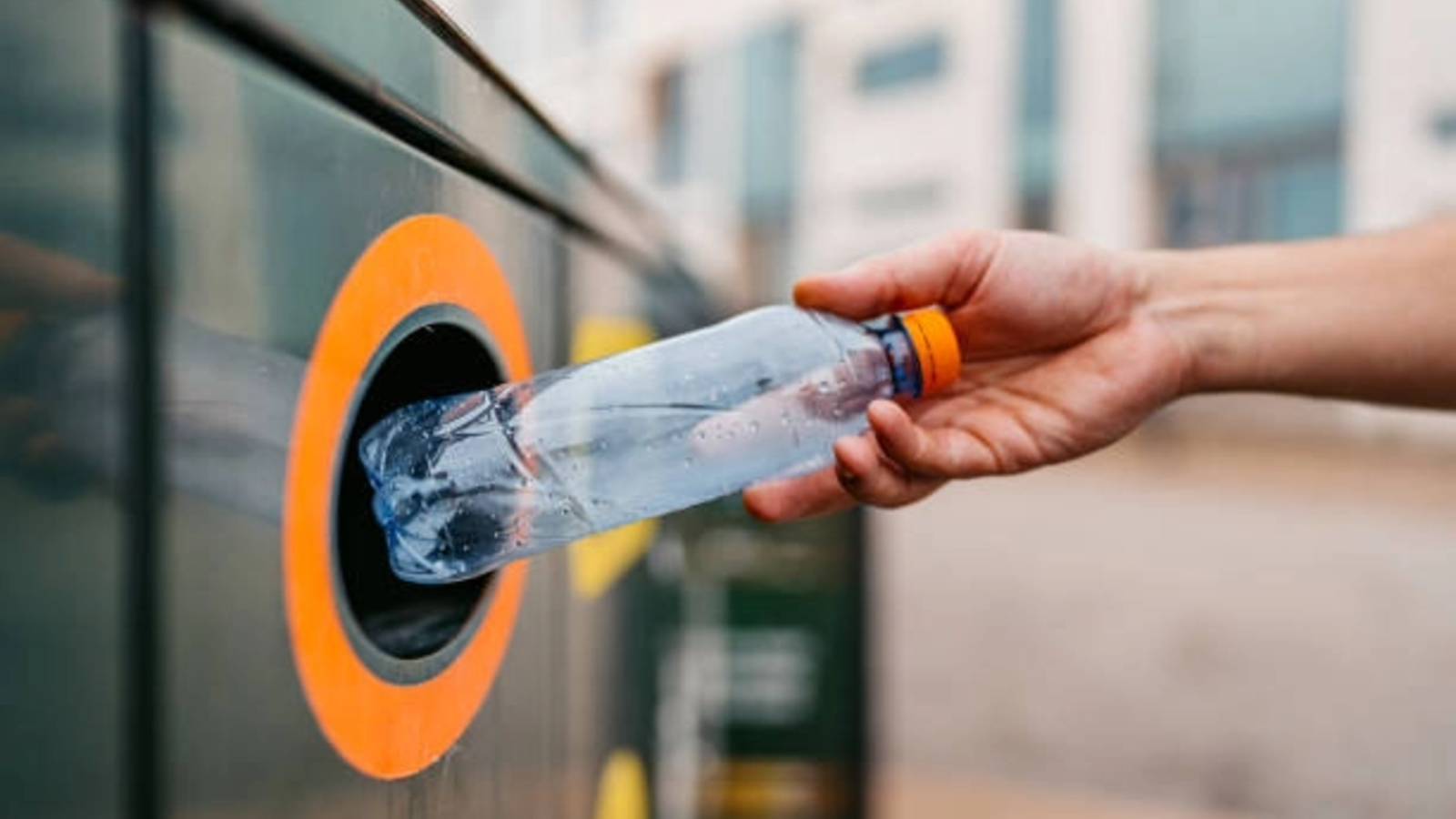
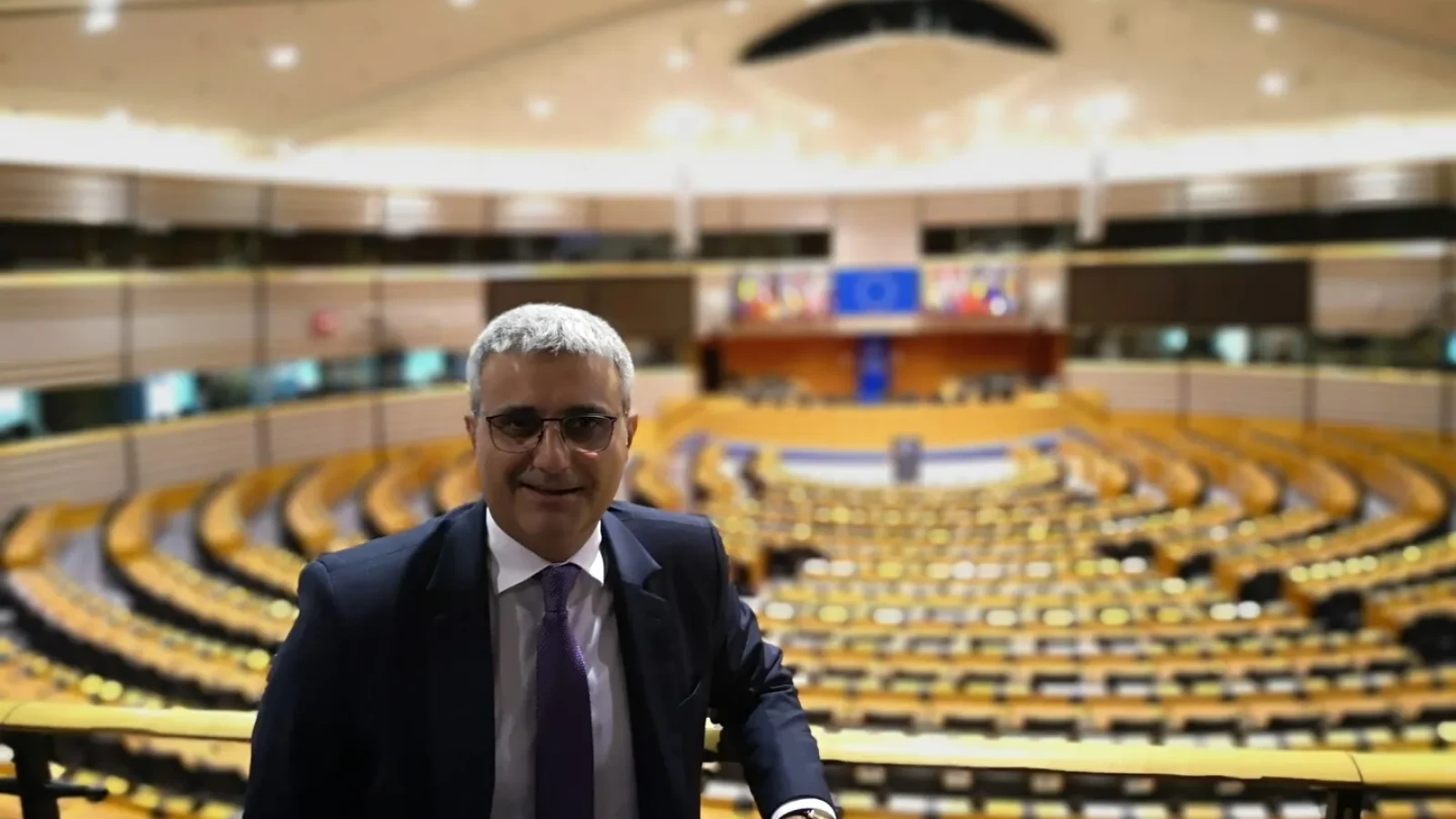

















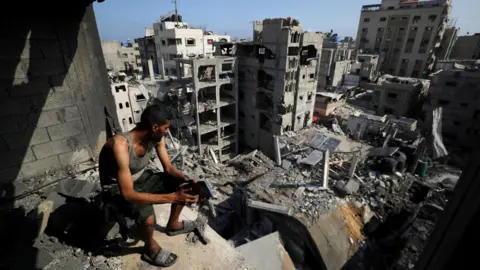
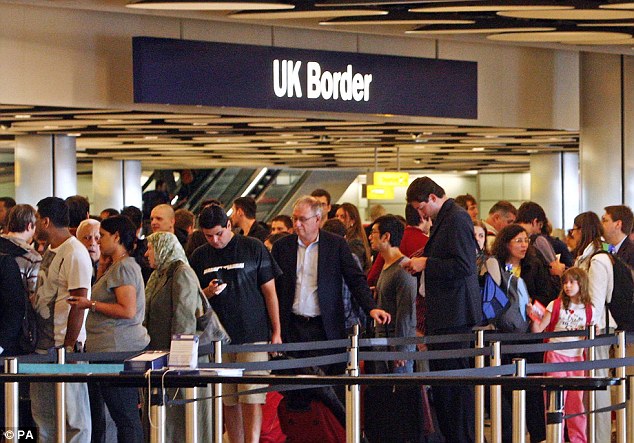
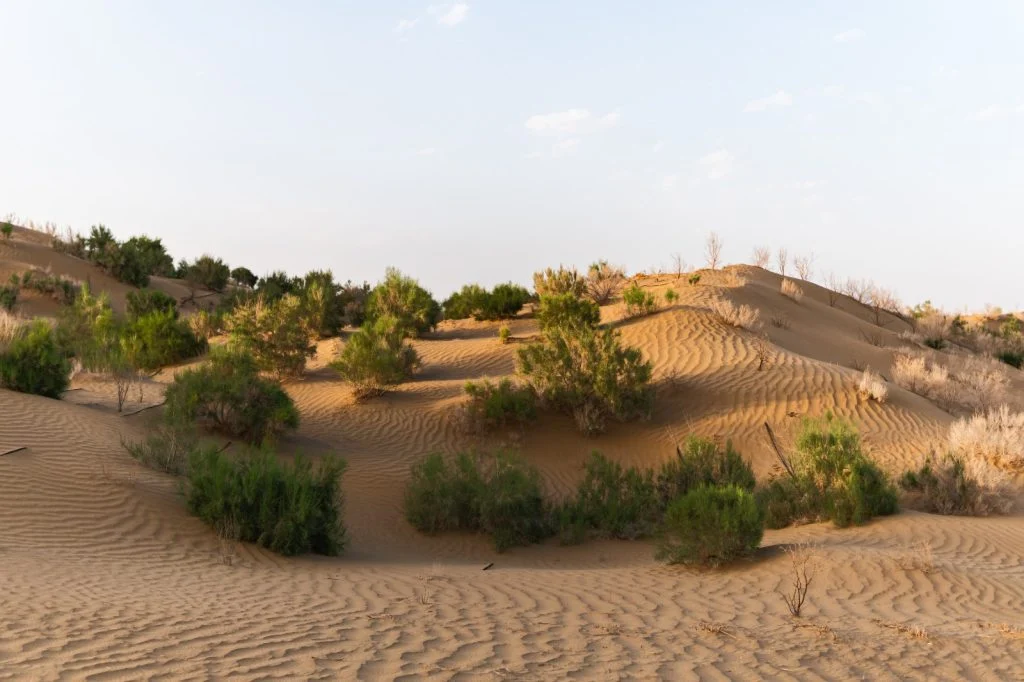
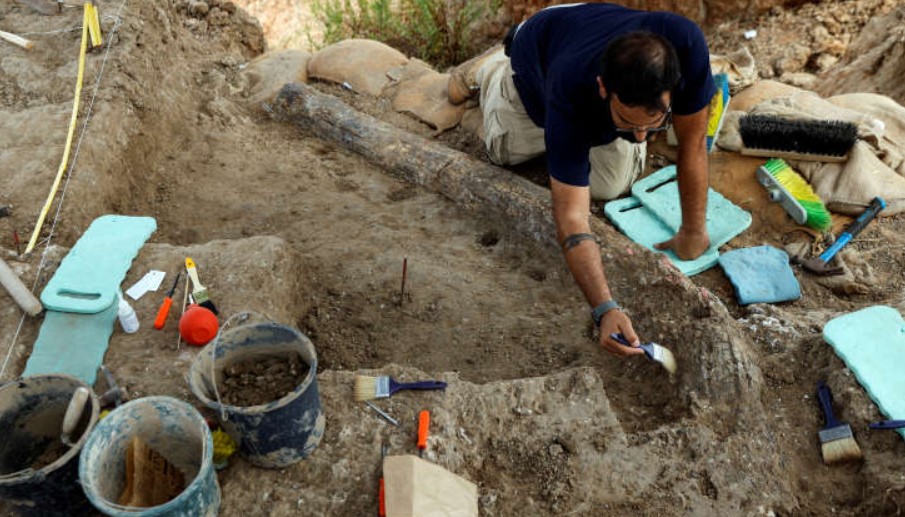








Comentează